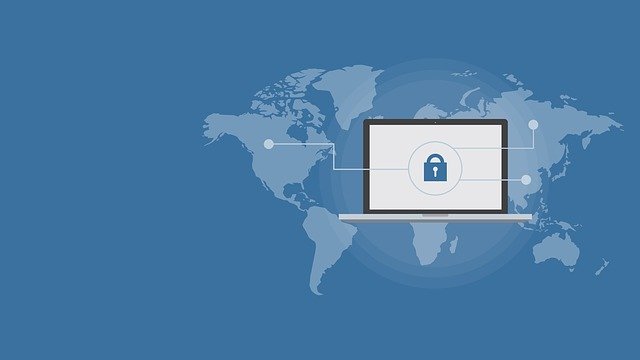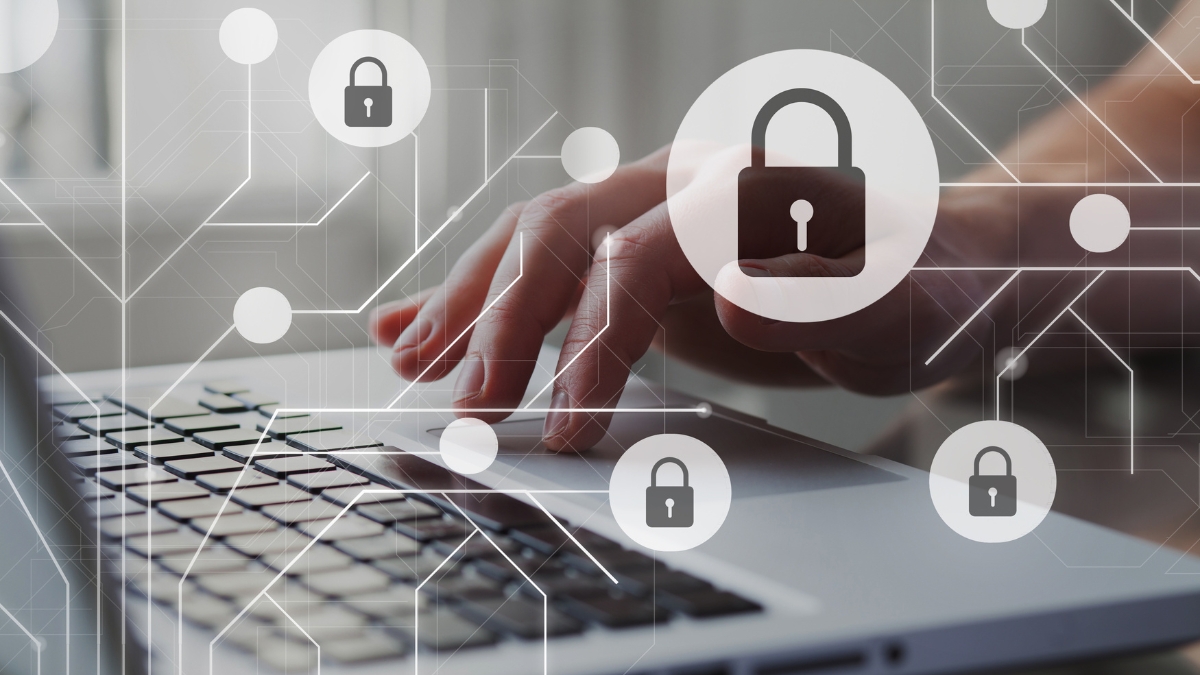Indeed, technology is bringing immense benefits to enterprises. Businesses now have a better internal and external communication system, be more productive, have fewer human errors, and cost-effectively market their services via digital advertising with the support of technology.
However, the main concern remains data security. Most businesses store practically every data on technological devices. It is a good practice as technology offers a long list of advantages. But on the other side of the coin, it can be detrimental.
Read below about the definition of data security and how to protect all your information and data.

What is Data Security
Also known as cyber security, it is the best practice and the cycle to respect so as to prevent intruders access to private and confidential information. Securing only the server is not enough to protect your data. It is highly essential to secure all the devices connected to your network.
Data Security: Tips and Best Practices
Never Miss an Update
Skipping software, driver, and operating system updates is the worst practice by most users. When you are busy working on a task, sometimes updates are indeed annoying as it pops up. Another reason why most people skip updates is that they are afraid of any change to their interface.
However, there must not be the minimum excuse to miss an update. Every time your system updates, there are amendments to reinforce your device. A system update is about the amelioration of your device. Skipping an update is similar to leaving a door open for intruders. Ask help from the tech department, if you are unsure about proceeding with the update or schedule the update at an idle time.
Beware of Hook
The most common threat by which enterprises suffer from data security issues is phishing attacks.
Phishing attacks are like hooks within emails. Unfortunately, an enterprise cannot bypass the use of email as it is one of the best tools for communication. Utilizing this to their advantage, fraudulent implement malware within emails. Clicking on a specific section in a phishing email can transfer all your valuable data from your computer to that of the wrongdoers. More calamitously, the attacker can take complete control of your device by encrypting every information.
Therefore it is vital to use malware and educate your staff about phishing emails.
Use Strong Password and Update Frequently
When it comes to creating a password, most people insert characters that they will never forget. As a good data security practice, opt for a stronger password of at least eight characters of letters, numbers, and symbols.
Moreover, for further protection, it is mandatory to update your password regularly.
Launch Virus and Malware Scan Regularly
The best solution to finding any harmful occurrence within your device is by launching regular scans for malware and viruses. Sometimes, anti-virus software may not detect the virus at the time it enters your computer. Only installing the software will not protect your technological apparatus. Therefore, it is best to launch or schedule frequent scans.
The Bottom Line – Final Tip
It is challenging to fully protect your data. Anything can happen at any time. As a measure of precaution, it is compulsory for every enterprise to regularly backup their data.



